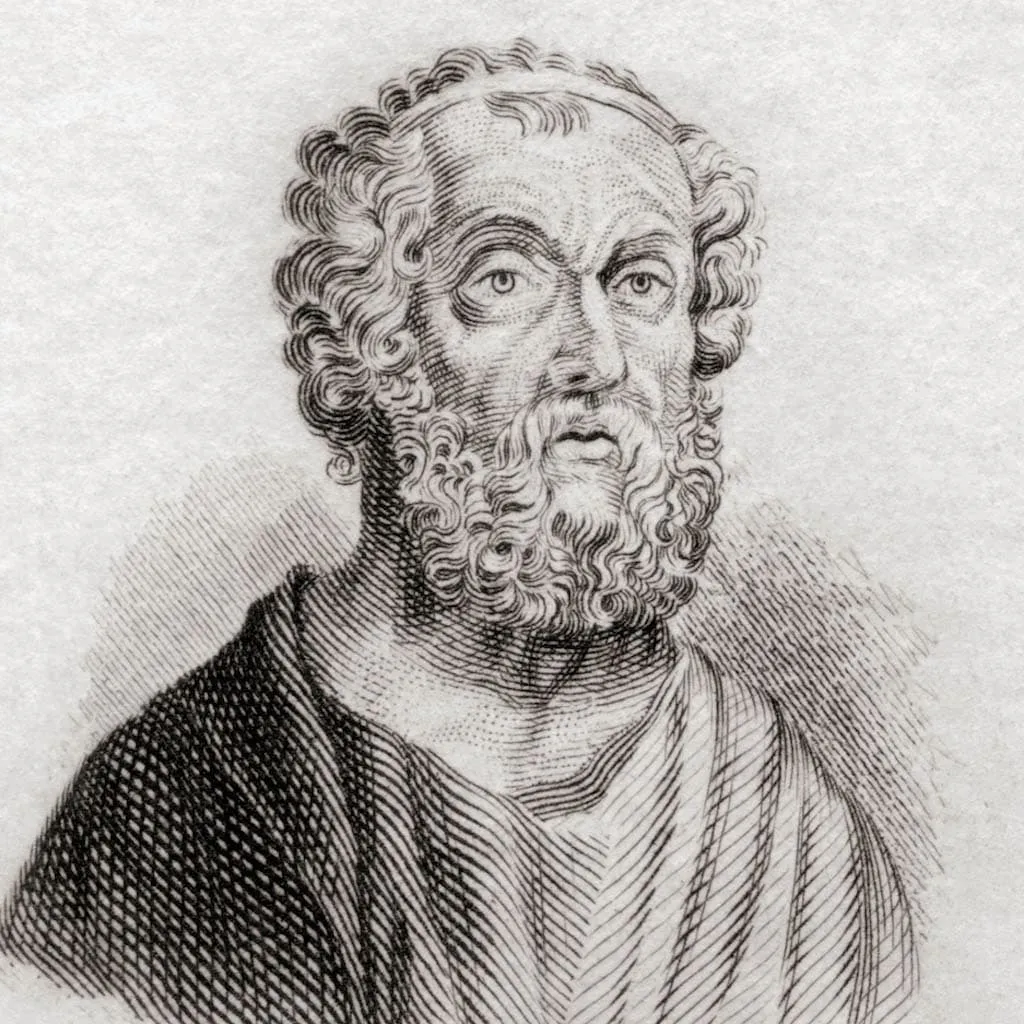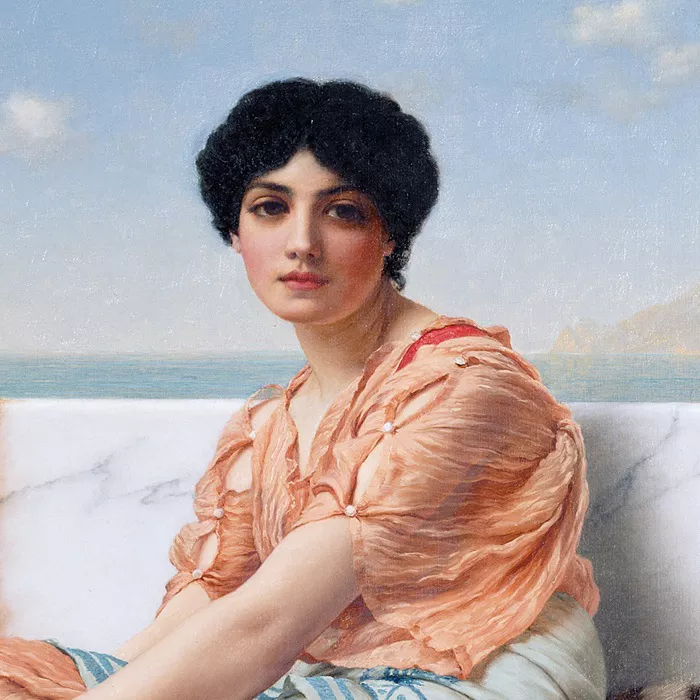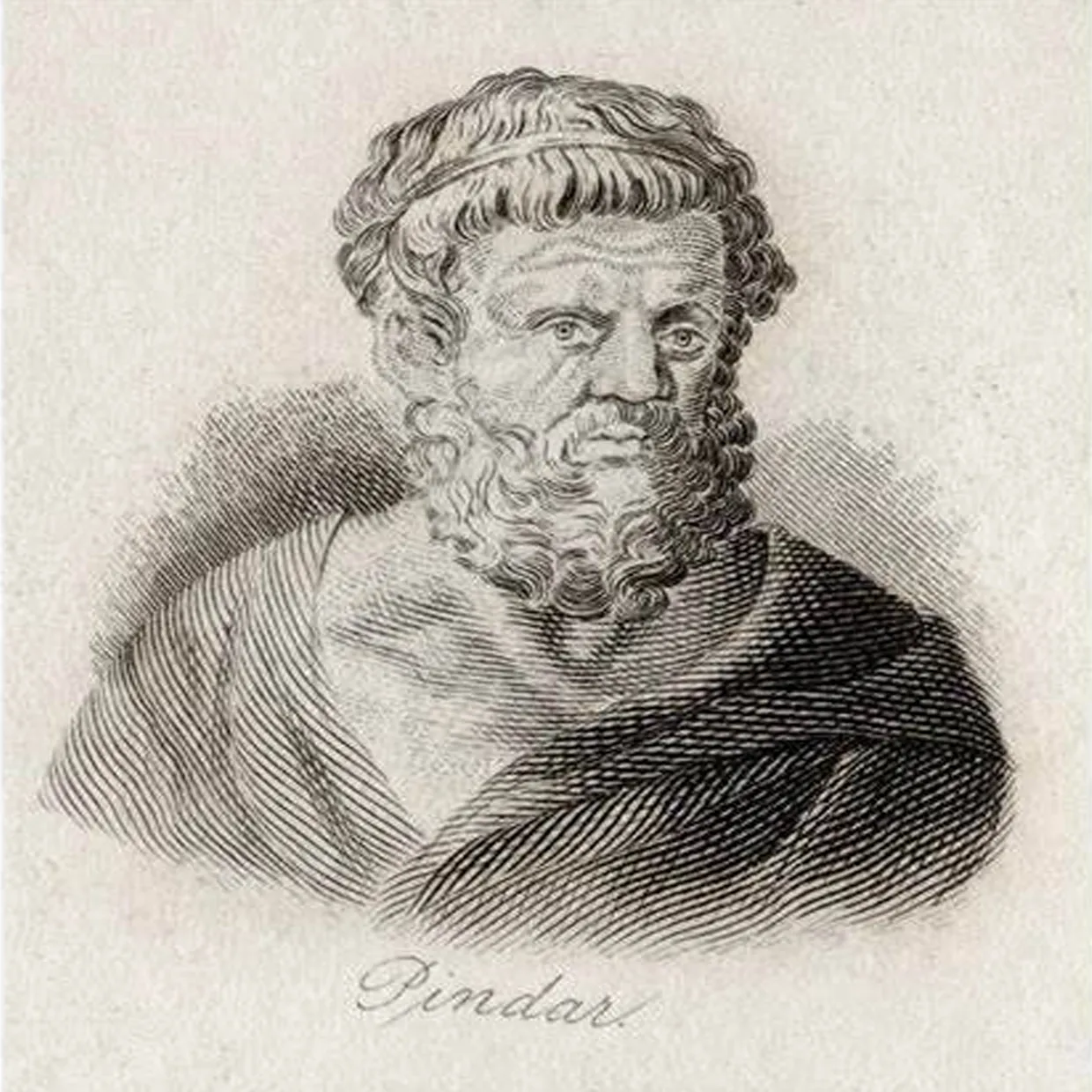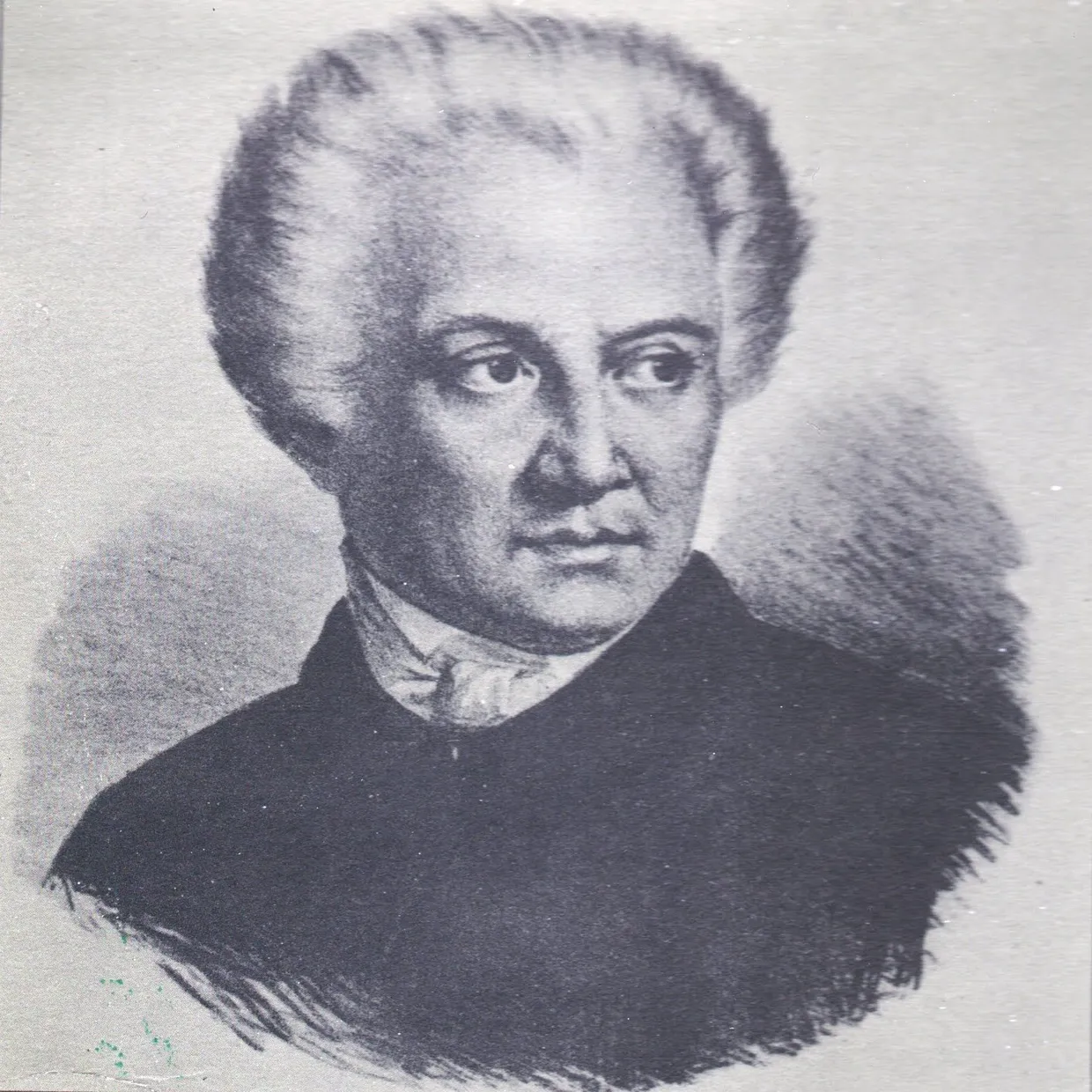Famous Greek poets
Famous Greek poets, including Homer, Hesiod, and Sappho, profoundly shaped Western literature. Homer’s Iliad and Odyssey are epic tales of heroism and adventure, while Hesiod’s Theogony explores mythology and the origins of the gods. Sappho’s lyrical poetry delves into love and personal emotion.Pindar and Aeschylus also enriched Greek poetry with themes of honor, fate, and divine intervention.
Homer
Homer, believed to have lived between the 8th and 7th centuries BCE, is one of ancient Greece’s most famous poets. His exact birthplace and death remain uncertain. He is credited with composing two epic masterpieces, The Iliad and The Odyssey, which profoundly influenced Western literature, mythology, and storytelling traditions.
Sappho
Sappho (c. 630 – c. 570 BCE), born around 630 BCE on the Greek island of Lesbos, was a renowned lyric poet, famed for her intimate and emotional poetry. Little is known about her death, possibly around 570 BCE. Her most famous works, though largely fragmented, explore themes of love, desire, and personal relationships, notably her Ode to Aphrodite.
Pindar
Pindar(c. 518 – c. 438 BCE), born around 518 BCE in Thebes, Greece, was a prominent lyric poet known for his victory odes (Epinikia), celebrating athletic triumphs in ancient Greek games. He died around 438 BCE. His most famous works include odes honoring Olympic, Pythian, Nemean, and Isthmian victors, blending mythology, heroism, and moral reflections.
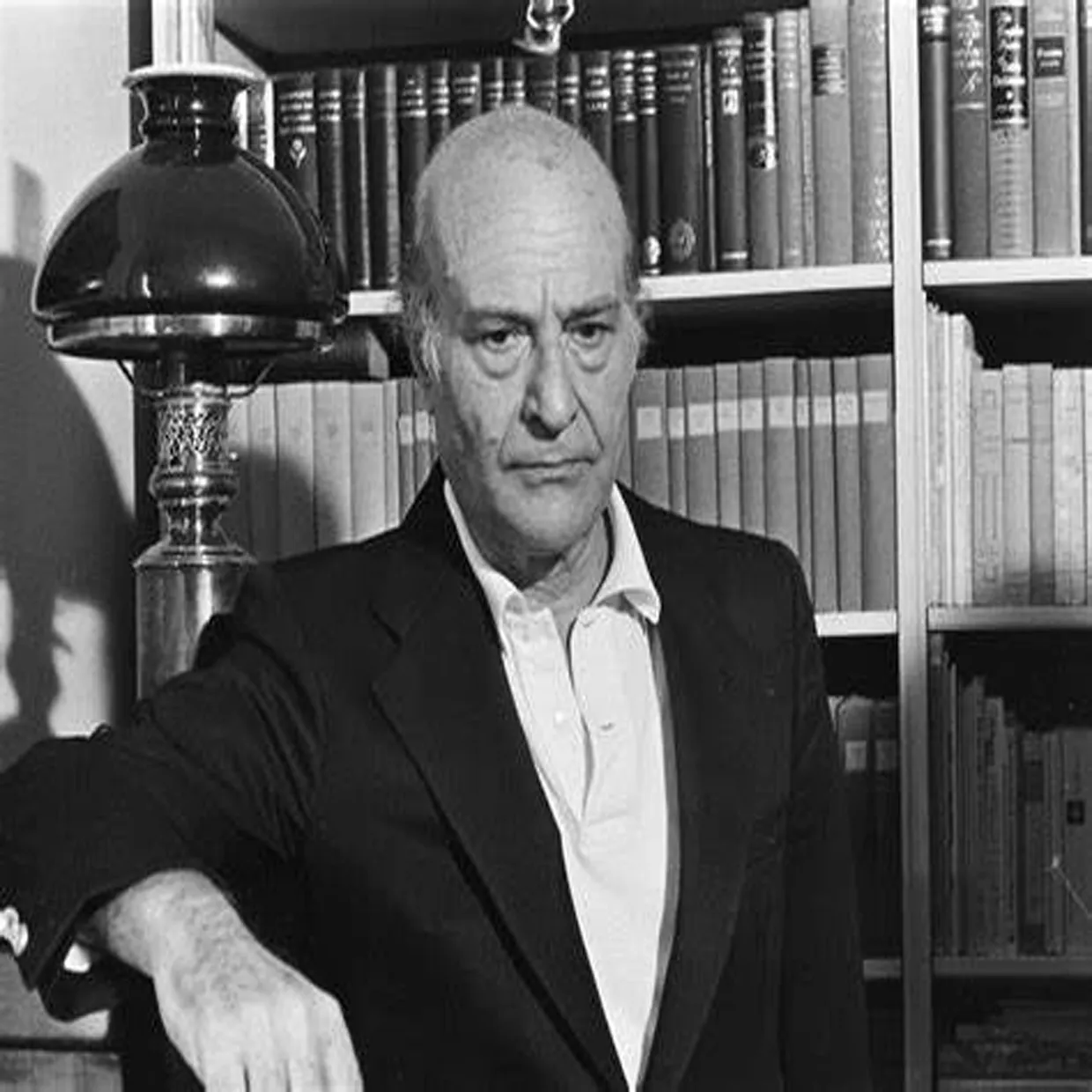
Odysseas Elytis
Odysseas Elytis, born on November 2, 1911, in Heraklion, Greece, was a Nobel Prize-winning poet known for his vivid, symbolic language celebrating Greek identity and nature. He passed away on March 18, 1996. His most famous works include To Axion Esti and The Monogram, blending lyricism with deep philosophical themes.
Greek poets of the 19th century played a crucial role in reviving national identity during Greece’s War of Independence and its aftermath. Influenced by Romanticism, poets like Dionysios Solomos and Andreas Kalvos used their works to express patriotism, freedom, and historical memory. Their poetry blended classical themes with modern ideas, shaping Greece’s cultural and literary heritage.
Dionysios Solomos
Dionysios Solomos (1798–1857) was a prominent Greek poet, born on Zakynthos island. He is best known for his poem “Hymn to Liberty,” which became Greece’s national anthem. Other notable works include “The Free Besieged” and “Lambros.” He played a key role in modern Greek literature, promoting the Greek language.
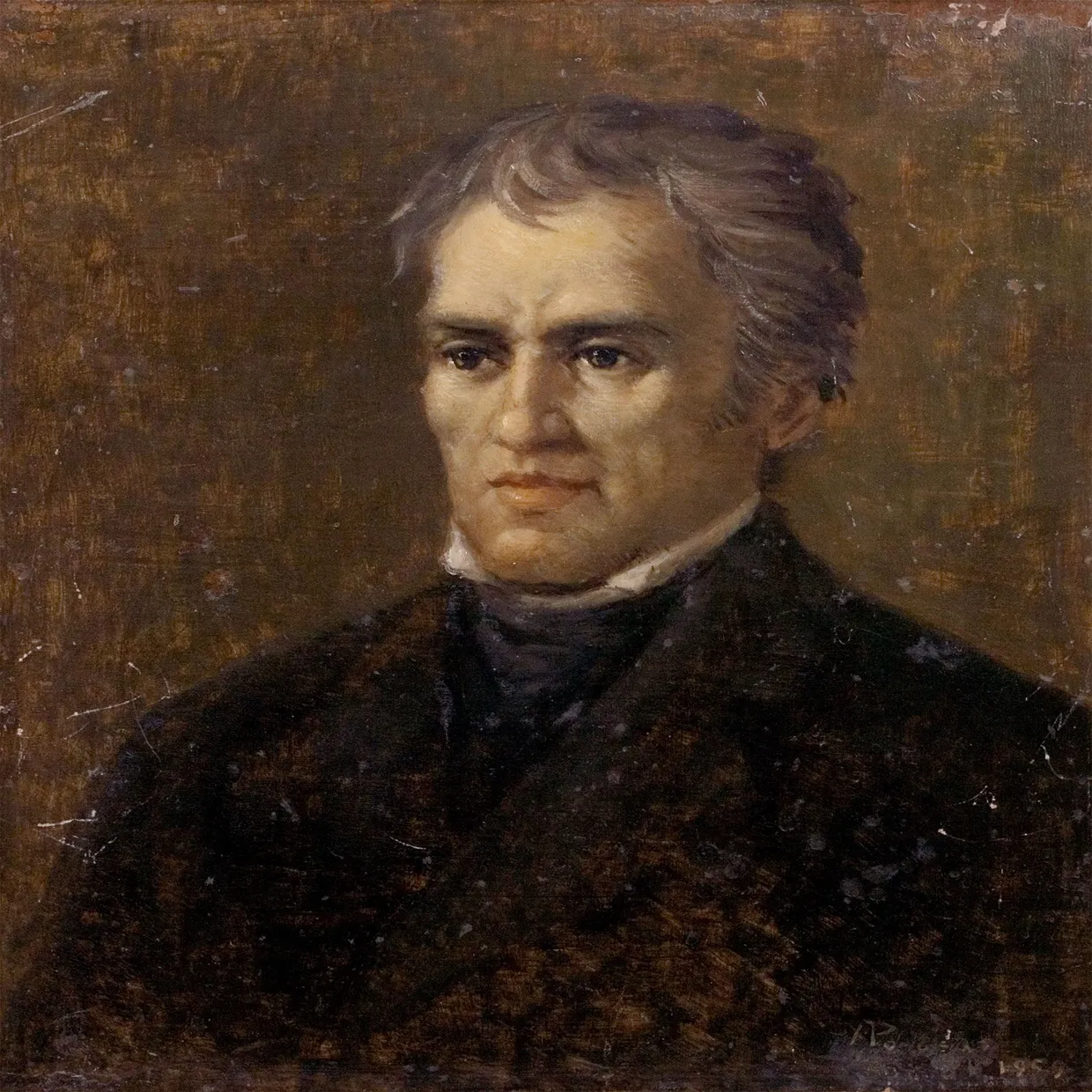
Andreas Kalvos
Andreas Kalvos (1792–1869) was a Greek poet, born in Zakynthos. Influenced by Romanticism, he blended classical and patriotic themes in his works. His most famous poetry collections are Lyra (1824) and Odes (1826). Kalvos’ work emphasized Greece’s fight for independence, and he remains an important literary figure.
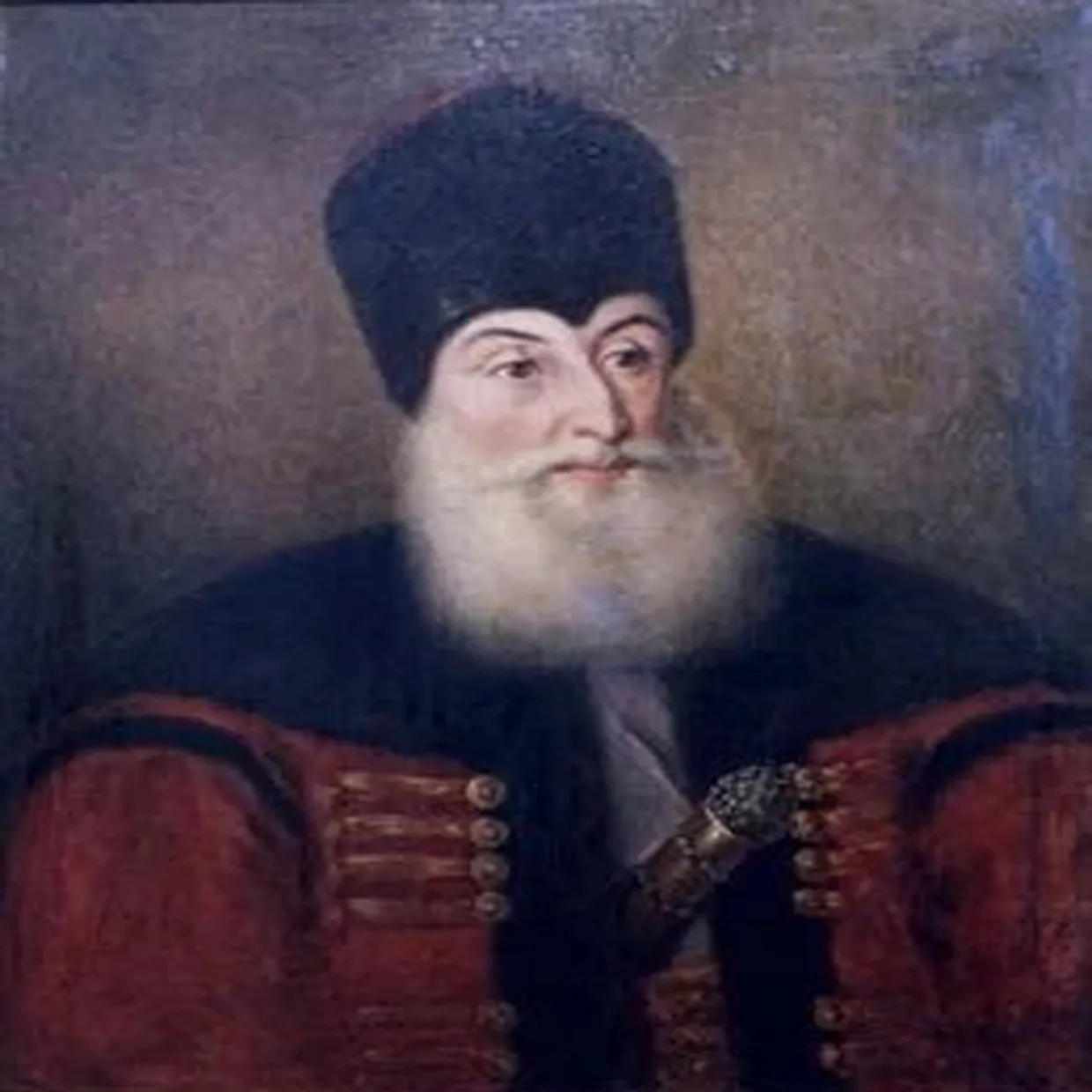
Alexandros Soutsos
Alexandros Soutsos (1806–1863) was a Greek poet known for his romantic and nationalistic themes. His famous works include The Prophet Elijah and The Cyclops. Soutsos’s poetry often celebrated Greek independence and identity, and he played a significant role in 19th-century Greek literature.
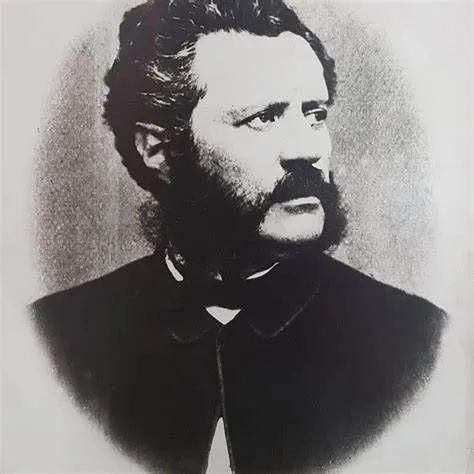
Aristotelis Valaoritis
Aristotelis Valaoritis (1824–1879) was a Greek poet and politician, born on the island of Lefkada. He is known for his patriotic poetry inspired by Greece’s history and struggles for independence. His notable works include Kyra Frosyni, Athanassios Diakos, and The Phoenix. Valaoritis also served in the Greek Parliament.
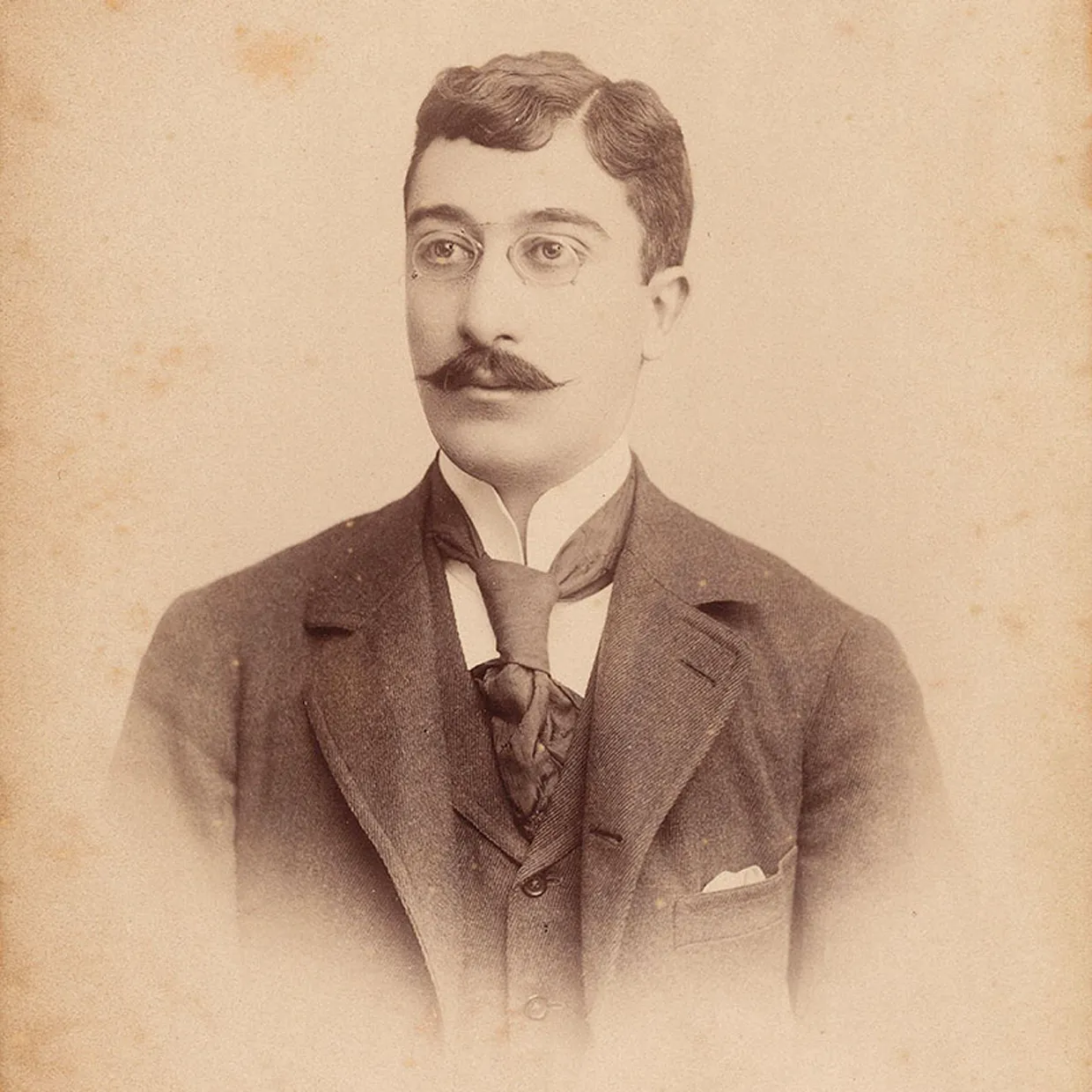
Constantine P. Cavafy
Constantine P. Cavafy (1863–1933) was a highly influential Greek poet known for his historical and philosophical themes. Born in Alexandria, Egypt, he is famous for works like Ithaca and Waiting for the Barbarians. His poetry often reflects existentialism, personal introspection, and ancient history, blending modern and classical influences.
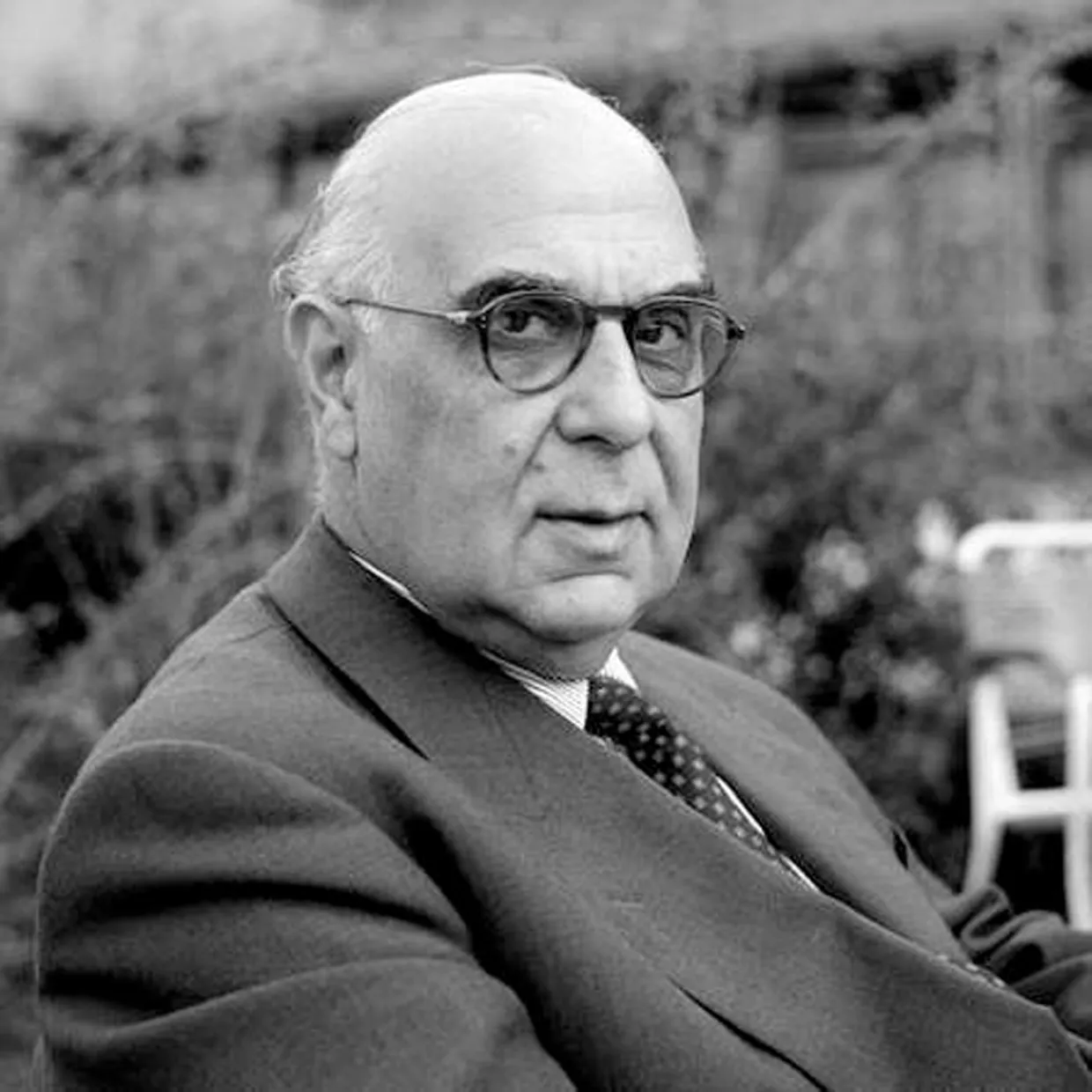
George Seferis
George Seferis (1900–1971) was a Greek poet and diplomat, born in Smyrna (now İzmir, Turkey). He won the Nobel Prize in Literature in 1963. His famous works include Mythistorema and Gymnopaedia, which reflect themes of Greek identity, history, and mythology, often blending modernist style with ancient traditions.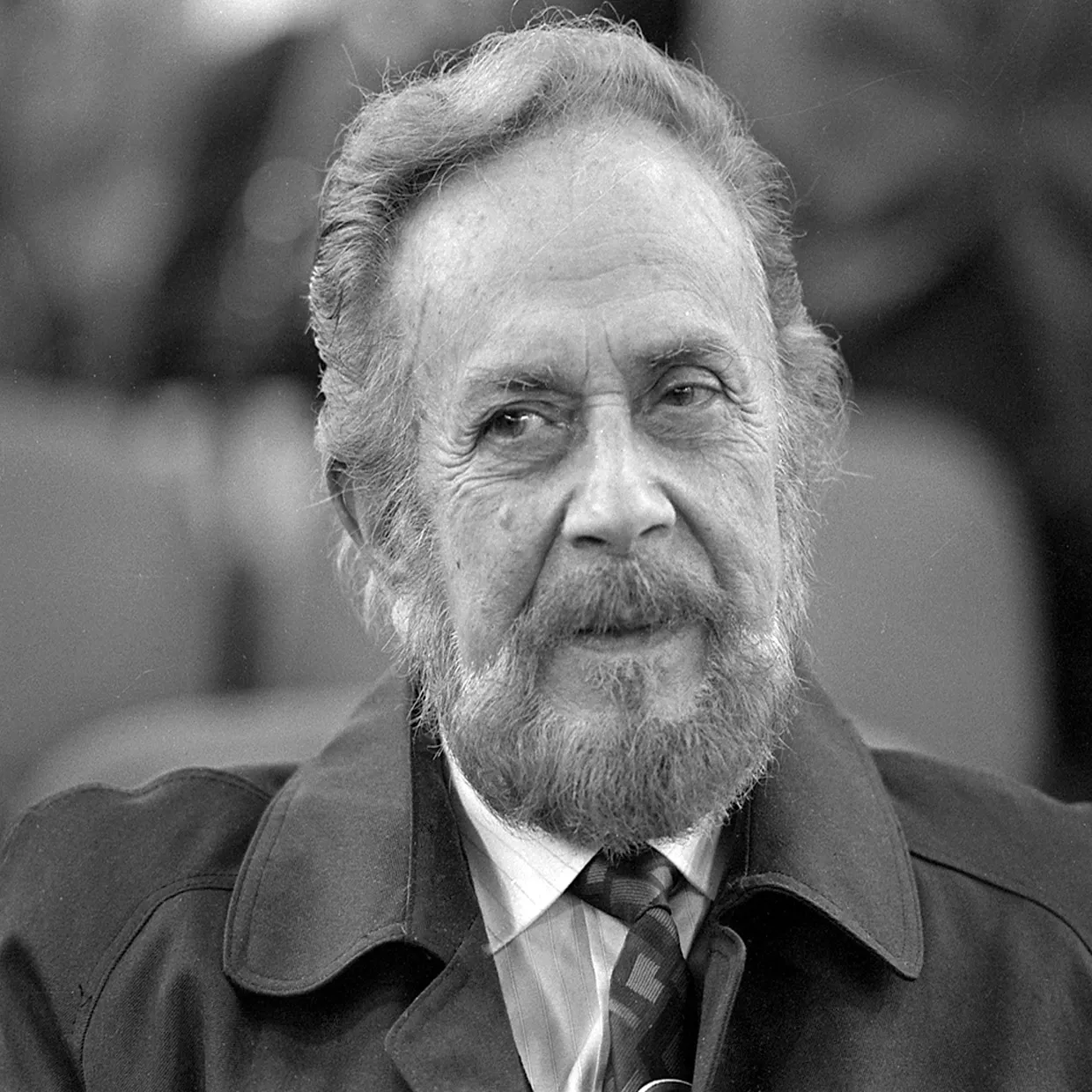
Yannis Ritsos
Yannis Ritsos (1909–1990) was a prominent Greek poet known for his socially and politically charged poetry. Born in Monemvasia, Greece, his famous works include The Moonlight Sonata and Romiosini. His writings often reflect themes of resistance, social justice, and personal struggle, influenced by Greece’s political turbulence and his leftist ideology.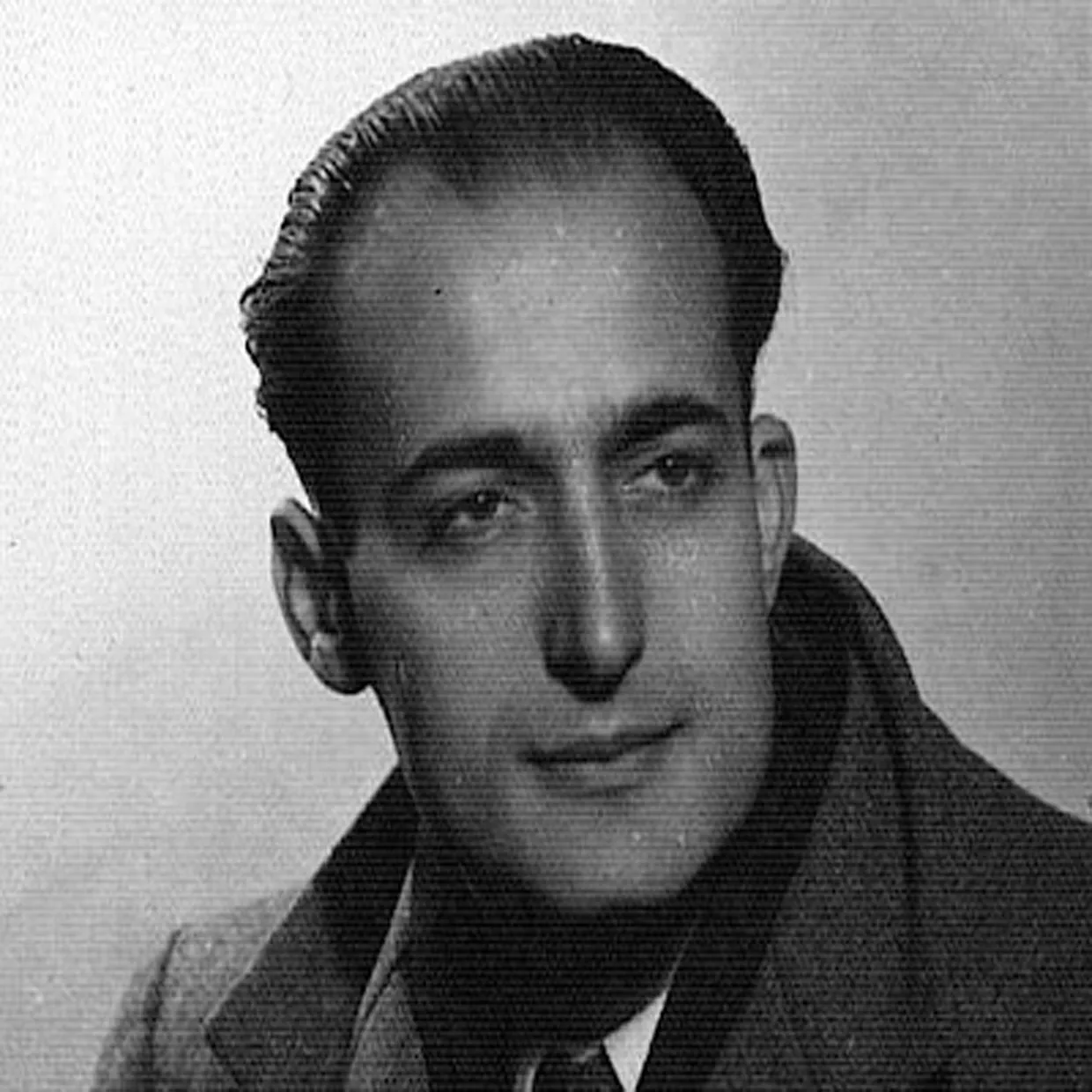
Nikos Gatsos
Nikos Gatsos (1911–1992) was a renowned Greek poet known for his modernist and surrealist style. Born in Arcadia, Greece, his famous work Amorgos blends rich imagery with traditional Greek elements. Gatsos’s poetry is celebrated for its lyrical quality, innovative use of language, and exploration of Greek cultural themes.Greek poets of the 21st century continue to innovate, blending traditional elements with contemporary issues. They address themes like globalization, migration, and personal identity, reflecting a diverse and evolving cultural landscape. Poets such as Katerina Anghelaki-Rooke and Miltos Sachtouris push boundaries with experimental forms, while engaging deeply with both modern Greek society and global literary trends.
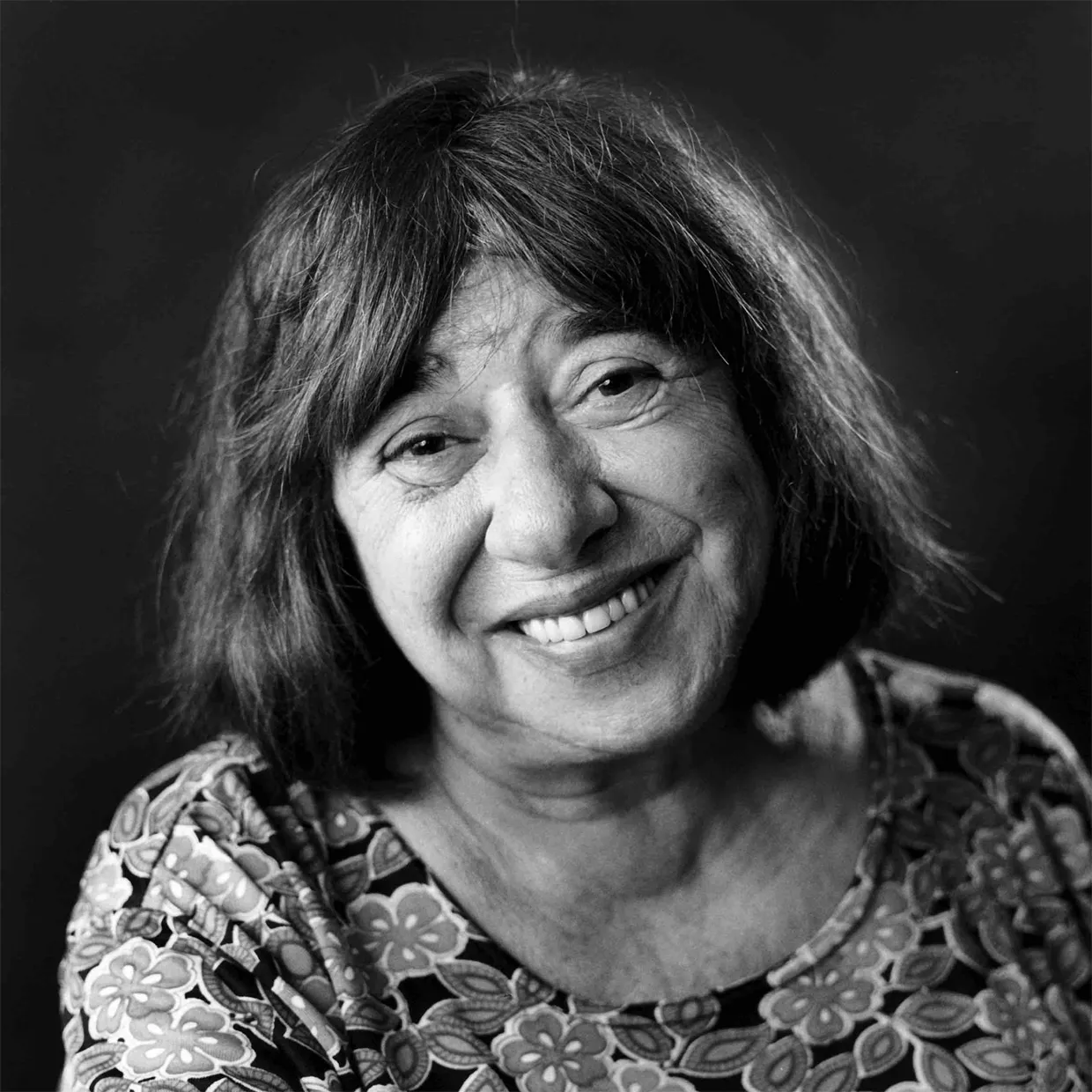
Katerina Anghelaki-Rooke
Katerina Anghelaki-Rooke (1939–2020) was a distinguished Greek poet born in Athens. Her notable works include The Scattered Papers of Penelope and The Body is the Victory and the Defeat of Dreams. Her poetry explores themes of mortality, identity, and the human experience with profound introspection and lyrical depth.

Dimitris Angelis
Dimitris Angelis (b. 1973) is a contemporary Greek poet known for his metaphysical and existential themes. His notable works include The Passion of the Dead and White Noise. Angelis’s poetry often reflects on modern life’s complexities and explores profound philosophical questions through a distinct and contemplative style.
Phoebe Giannisi
Phoebe Giannisi (b. 1964) is a Greek poet and performance artist. Her notable works include Homerica and Cicada. Giannisi’s poetry combines contemporary and classical influences, exploring themes of mythology, cultural memory, and identity with a unique blend of text and performance art, reflecting her innovative approach to literature.Eftychia Panayiotou
Eftychia Panayiotou (b. 1980) is a contemporary Greek poet known for her minimalist and introspective style. Her notable works include The Position of Words and The One Who Is Not Speaking. Panayiotou’s poetry focuses on themes of language, silence, and communication, offering a contemplative exploration of modern existence.

